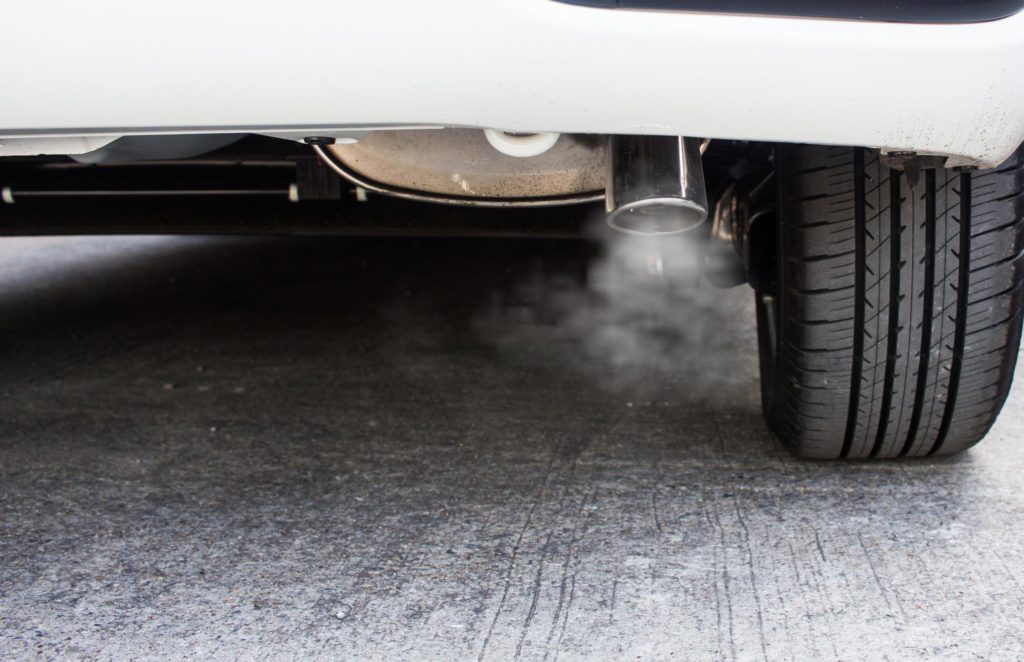VW has scrapped 150,000 old diesel cars through its incentive scheme
14 February 2018

14 February 2018
The Volkswagen Group (VW) reports that more than 150,000 old diesel cars, which only complied with the Euro 1 to Euro 4 emissions standard, have already been taken off the road as customers take advantage of the trade-in bonus it introduced back in August 2017.
′Since August 2017, more customers than expected in Germany have decided to use the environmental bonus of the Volkswagen Group to switch to a current model with Euro 6 standard,’ Group Sales Director Fred Kappler said on Friday. VW also added that it has successfully convinced some of the customers to switch to alternative powertrains, with one in twelve opting for a car with an electric, hybrid or natural gas powertrain.
Due to strong demand, the Group’s VW, Audi, Seat, Skoda and VW commercial vehicle brands have extended the bonus scheme until 31 March 2018 whereas Daimler and BMW have extended their schemes until the end of June. However, the trade-in bonuses, which were introduced following the diesel summit on 2 August, are not comparable.
As reported back in August, the core VW brand offers ′a premium of up to €10,000, depending on the model, when buying a VW EU-6 diesel and simultaneously scrapping an older diesel vehicle which meets the EU-1 to EU-4 emissions standards.’ A €1,000 incentive is available for a natural gas model, €1,785 for a plug-in hybrid model and €2,380 for a pure electric car. Although these incentives are lower than for customers buying a Euro 6 diesel, they are offered in parallel with the German Government incentives.
Meanwhile, BMW outlined in a statement back in August that: ′Initially until 31 December 2017, owners of diesel vehicles that meet Euro 4 standards or less will be granted an environment bonus of up to €2,000 (amount dependent on model bought) when they trade in their vehicle and purchase a new BMW or MINI. Their chosen replacement must be either a BMW i3, a plug-in hybrid or a Euro 6-standard vehicle with CO2 emissions of up to 130 grams per kilometre (in the NEDC).’